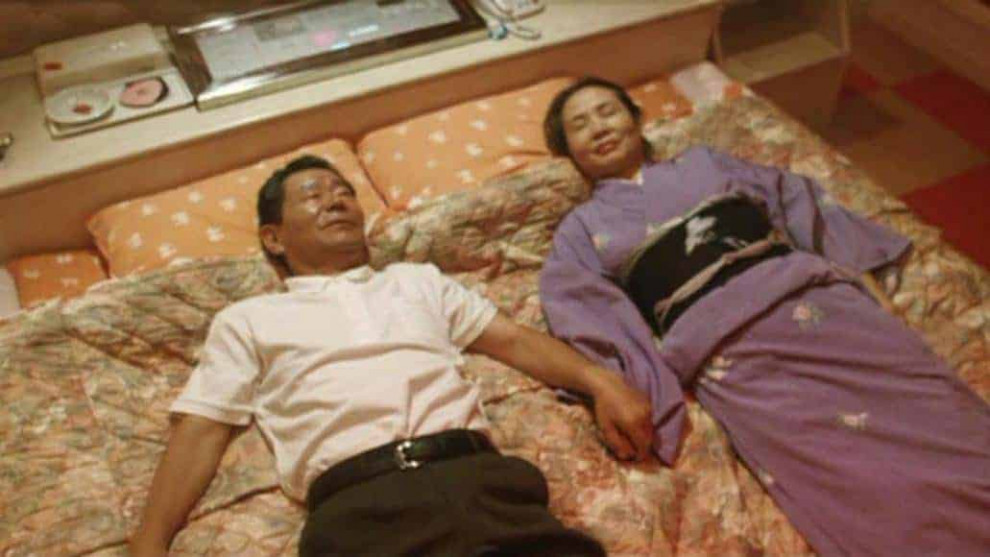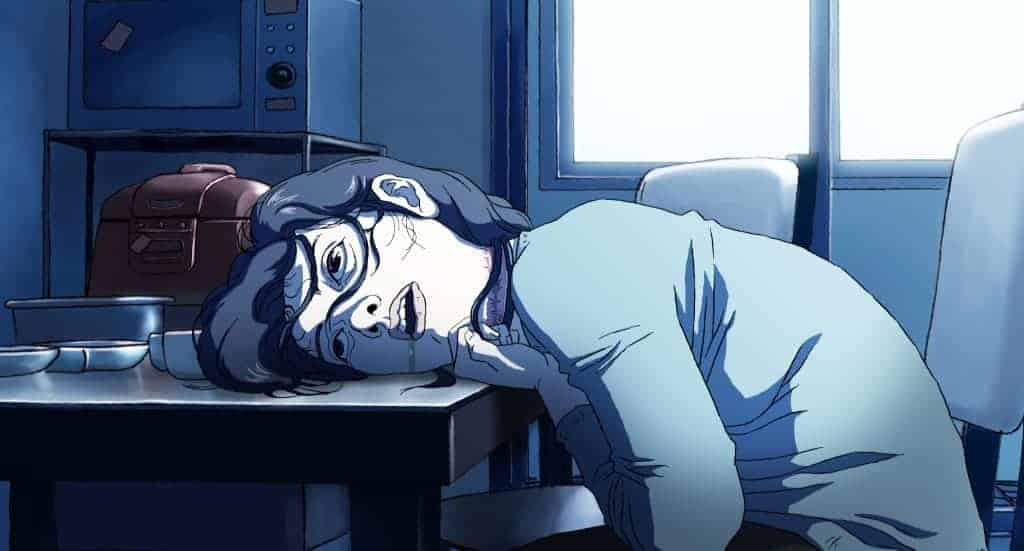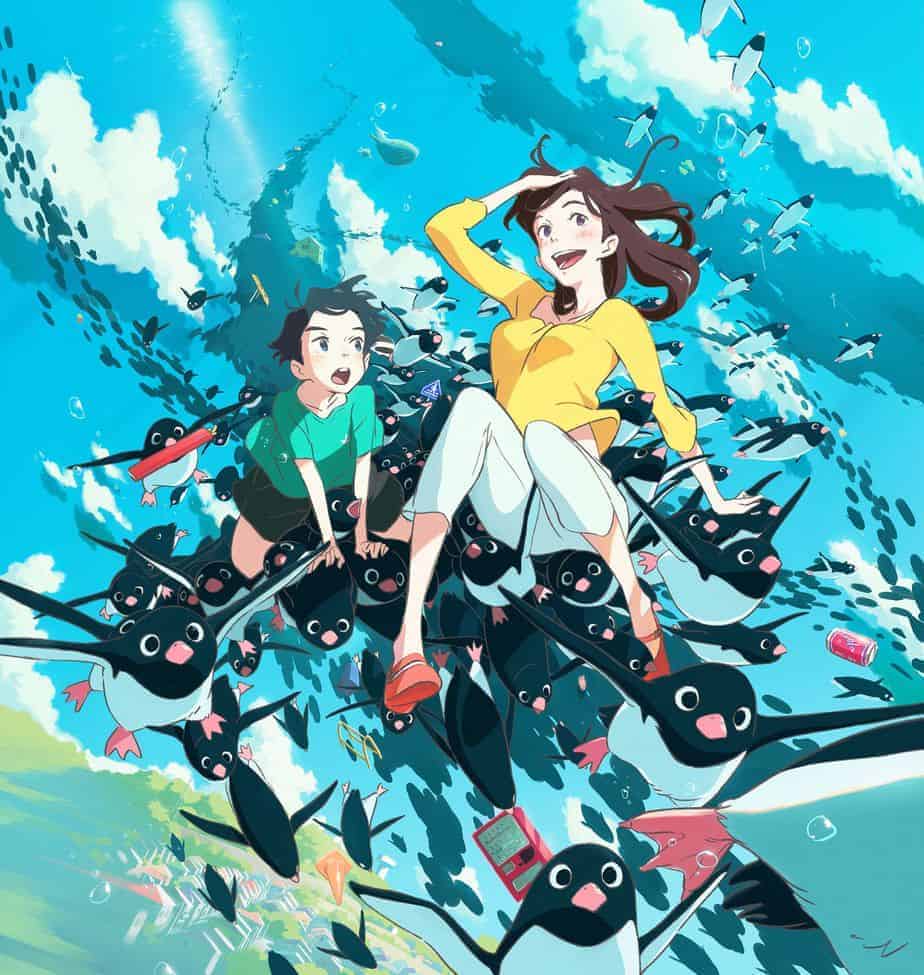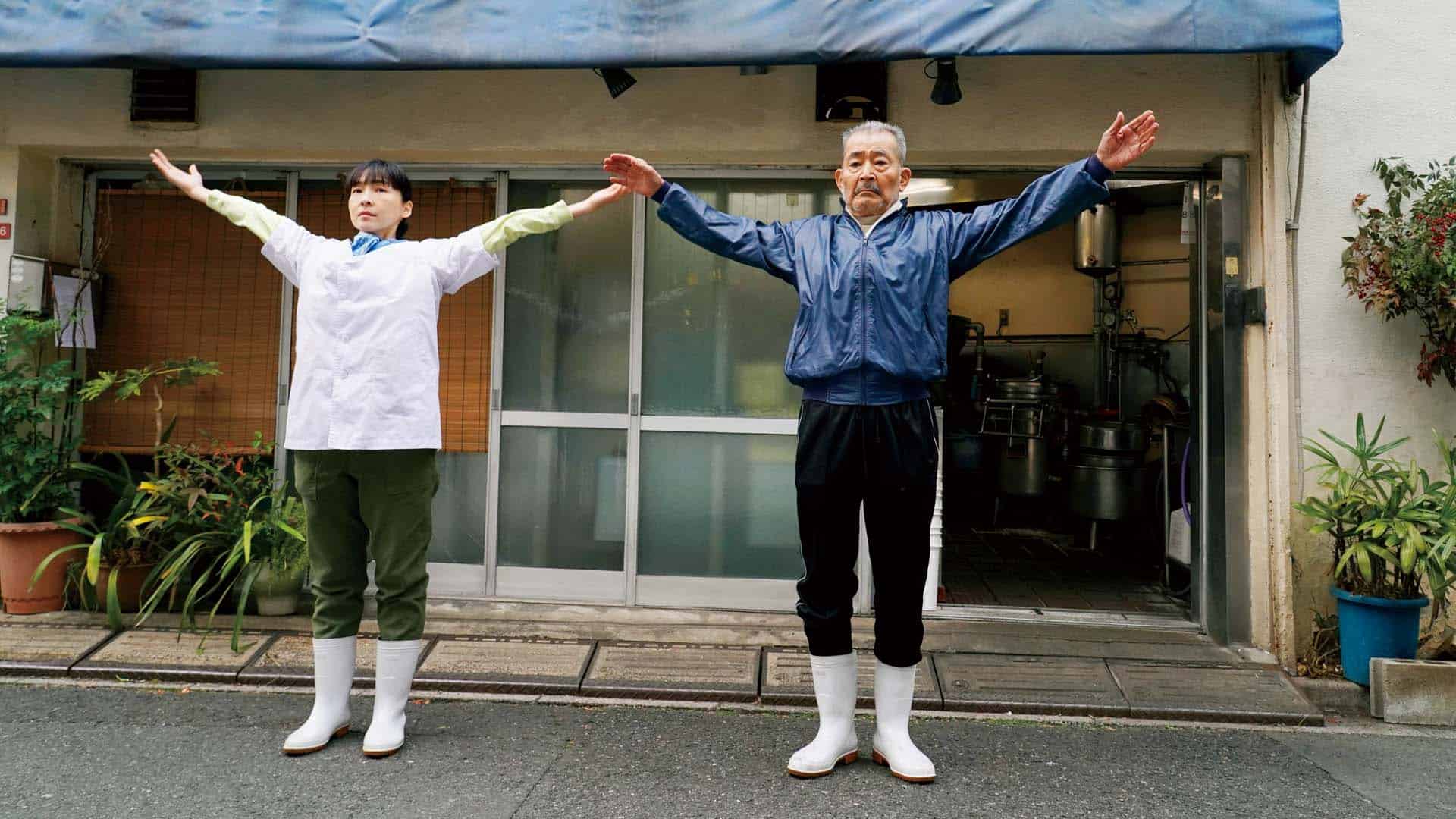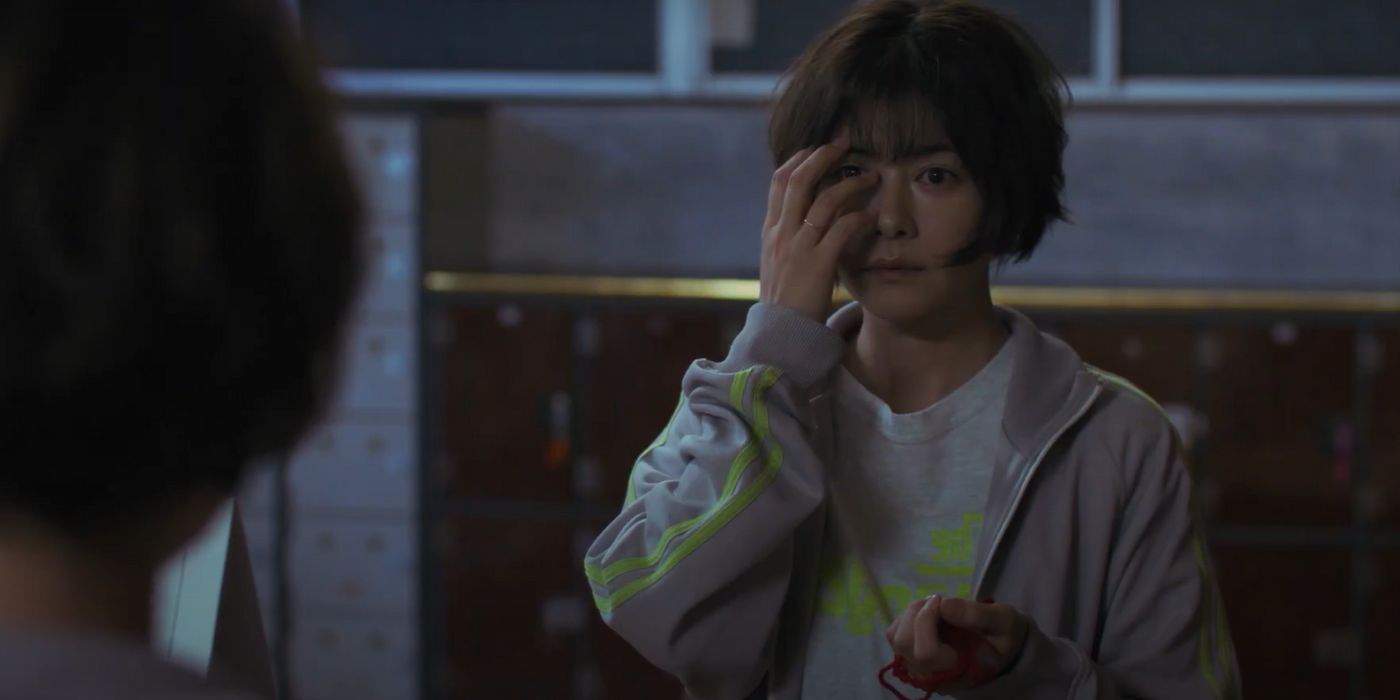If you want to know how tolerant a society is, you have to look at the kind of restrictions it applies to its members. The most telling of these laws are not the ones in writing, but rather the set of rules no one talks about but is bound to whether they want to admit it or not. While our society adores youth, desperately clings on to it, if necessary, through the aid of surgery or cosmetics, we have come to despise or reject age, especially when it comes to the areas of the body and sex. What is worse is how mainstream media seems to re-affirm these unspoken codes by depicting the elderly as those whose only concern focuses on health and medicine, which is the sole kind of physicality we allow them to have. When it comes to old people having sex, especially mainstream media thinks of this aspect in cliches such as the “dirty old man” abandoning it in the field of comedy – with all the laughs at the expense of the elderly character who has violated social norms.
Therefore, it is of great interest of a pink film attempts to cross these norms, violates them without falling into the trap of “punishing” those who break with the unspoken codes. Director Shinji Imaoka, one of the “Seven Lucky Gods of Pink”, has managed to make such a film with his 2008 feature “Tasogare”, also known as “The Tender Throbbing Twilight”.
In the film, we accompany 65-year-old Funakichi (Masaru Taga) whose sexual appetite, much to the embarrassment of his son, has not dried up; quite the contrary. In addition to an affair with a local barmaid, he frequently lifts the skirts of young women so that he has become relatively acquainted with the law as well. Within his family, the only one who seems to sympathize with the old man is his grandson.
However, Funakichi's life suddenly changes after a class reunion where he meets his old mates from the time he went to middle school as well as his old flame Kazuko (Yazuko Namikibashi). Even though it has been some time since their last meeting, which did not go very well, both of them still have feelings for each other.

Given the subject matter of the film, any director might easily fall into the trap of confirming social norms rather than moving beyond them. Relationships which do not apply to social norms are, especially in mainstream media, mostly punished, branded as comedy or tragedy. Romance, sex and the possibility of happiness are, in the end, impossible as one partner dies or cannot take the pressure of a social environment defined by prudery and conservatism. Within the story of Imaoka's film, we see these aspects, for example, when Kazuko's son reacts rather dismissively towards the relationship of Funakichi. The constant reminder of their age confirms the idea that concepts like romance or sex are not for them anymore.
While following the rules of the pink film, Imaoka constantly pokes fun at social norms, but is also very much interested in telling a story about romance. Perhaps the funniest scenes of the film are the flashbacks to the Funakichi's and Kazuko's past where the actors also play their younger version wearing school uniforms and wigs covering their gray hair (or lack thereof). Akira Taniguchi's script confronts the audience's way of thinking about old age by showing how romance, sex and love is indeed not only possible but frequently executed by the characters. Although the end of “Tasogare” takes away some of the overall impact of the film, you need to applaud a movie such as this depicting a romance for what it is, showing these characters without the use of traditional stereotypes, but as characters who are shy, who stutter, who laugh and who crave the body of the other person. And also their affection.
“The Tender Throbbing Twilight”, despite its dispirited ending, is a wonderful film about romance, love and sex. It is a film revealing the restrictions of society using a genre known for its praise of the youthful body. Ultimately, this is perhaps the most significant aspect of the film, how it tells a story such as this which we might “normally” apply to people a lot younger than the characters in the film.


